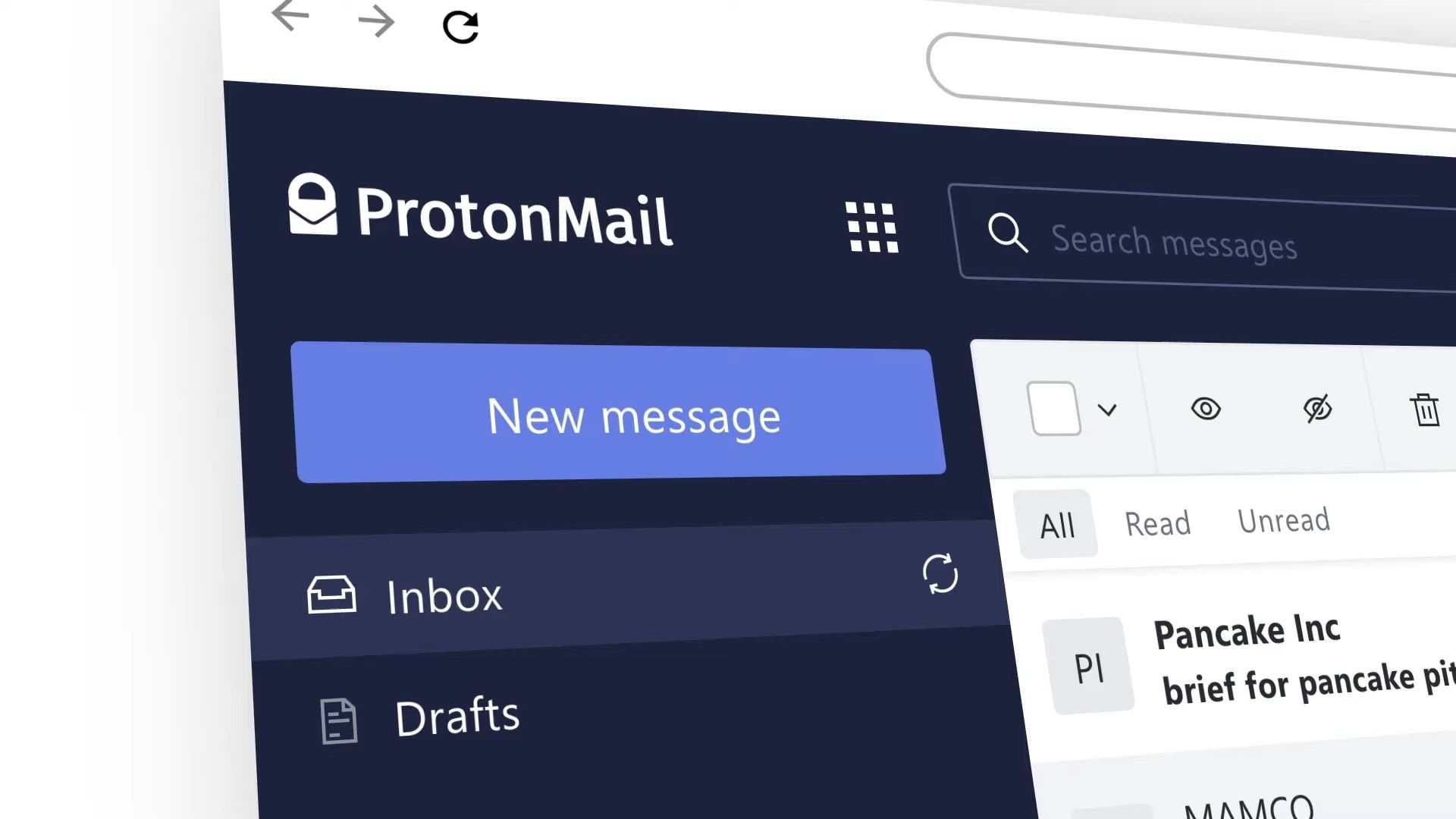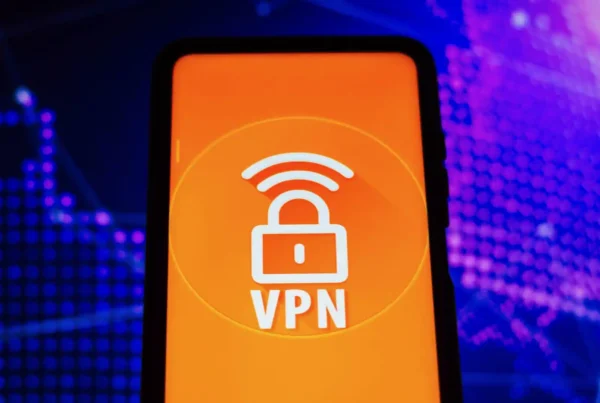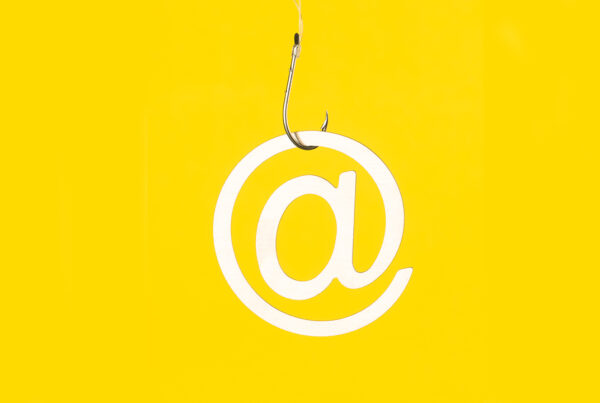
A recent court ruling in India has sparked a wave of concern among privacy advocates and everyday users alike: the Karnataka High Court has ordered the Indian government to block access to Proton Mail, a popular encrypted email service known for its strong commitment to user privacy.
So, What Happened?
It all started with a legal complaint filed by M Moser Design Associates, a firm based in New Delhi. The company claimed that its employees were receiving vulgar and obscene emails sent via Proton Mail. They went to the authorities, but because Proton Mail is based in Switzerland and encrypts user data, the company reportedly didn’t provide the identity of the sender, citing privacy protections.
Frustrated by this lack of cooperation, the firm pushed for action—and the Karnataka High Court responded.
What Did the Court Say?
During a hearing streamed live on YouTube, Justice M Nagaprasanna invoked India’s Information Technology Act of 2008 and directed the government to block Proton Mail’s service in India. The ruling emphasized that the decision was made based on the specifics of this case, though exact details of the court’s reasoning weren’t made public.
Is Proton Mail Blocked Right Now?
Not yet. As of the latest update, Proton Mail’s website is still accessible in India. It’s unclear how soon the block might go into effect—or whether it will be enforced at all. Proton Mail has been contacted for comment, and updates are expected.
Wait, Isn’t This the First Time India Has Gone After Proton Mail?
Nope. This is actually the second time in two years that India has moved to block Proton Mail.
Last year, authorities in Tamil Nadu tried to shut it down after hoax bomb threats were sent to schools via Proton Mail. Although the Indian government initially pushed to block the service, Swiss federal authorities stepped in to prevent it, defending Proton Mail’s encryption standards and jurisdiction.
At that time, Proton Mail pointed out something critical: Blocking their service won’t stop bad actors, who can just switch to other platforms. Instead, it mostly inconveniences regular users—like journalists, activists, or anyone just trying to keep their emails private.
What Happens Next?
India’s Additional Solicitor General Aravind Kamath has said the central government may have limited power to act alone in this case. He suggested that if the police want information about Proton Mail users, they’d need to go through Swiss legal channels. Still, he assured the court that he’d review past court opinions—like one from the Delhi High Court last year—to inform the government’s next move.
Why Should You Care?
Whether you use Proton Mail or not, this situation raises big questions about internet freedom, online privacy, and government oversight. It’s a test case for how countries deal with international tech companies that prioritize encryption—and how those policies impact ordinary citizens.




